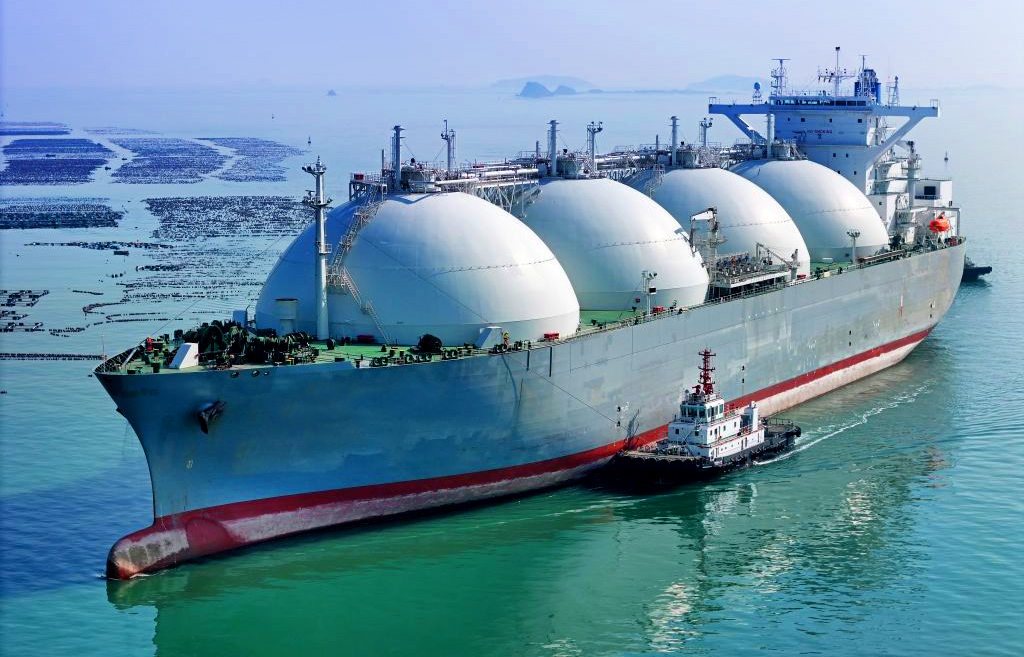Sanctioned Russian Gas Heads to China, Testing Washington’s Reaction

Russia has delivered liquefied natural gas (LNG) from a sanctioned plant to a Chinese terminal for the first time, demonstrating its intention to expand fuel supplies to Asia.
The Gaze reports on it, referring to Bloomberg.
The Arctic Mulan tanker arrived at PipeChina's Beihai LNG terminal from the Arctic LNG 2 plant in northern Russia, which is under US sanctions. Previously, Russian fuel was exported on ships of the “shadow fleet,” but none of them entered import terminals due to buyers' fears of US sanctions.
This decision comes ahead of Russian President Vladimir Putin's visit to Beijing and amid intensified US efforts to end the war in Ukraine. The Arctic LNG-2 project, managed by Novatek, is central to Moscow's plans to triple LNG exports by 2030 and find new markets after losing traditional European buyers.
Despite pressure on India over Russian oil purchases, the US has so far refrained from imposing new restrictions on buyers of Russian gas in an effort to support peace in Ukraine.
Supplies to China this year are unusual, as LNG imports have declined due to domestic production and pipeline deliveries. Experts believe that Russia is testing the US's reaction and the possibility of further supplies to Asian markets with this step.
“This move is not driven by need but designed to test Washington’s softened stance on Russian energy sanctions,” said Jan-Eric Fähnrich, an analyst at Rystad Energy.
The Arctic Mulan tanker loaded a shipment of liquefied natural gas in early June from a floating storage facility in eastern Russia, where the gas had previously been delivered from the Arctic LNG 2 plant.
Last summer, the Arctic LNG 2 plant shipped eight cargoes, but in October, it had to suspend operations due to a lack of buyers and the onset of seasonal ice formation, forcing ships to leave fuel in storage facilities in Russia.
As The Gaze informed earlier, China took advantage of the opportunity to purchase Russian Urals oil at a discount, increasing purchases that India had refused due to rising US trade tariffs.